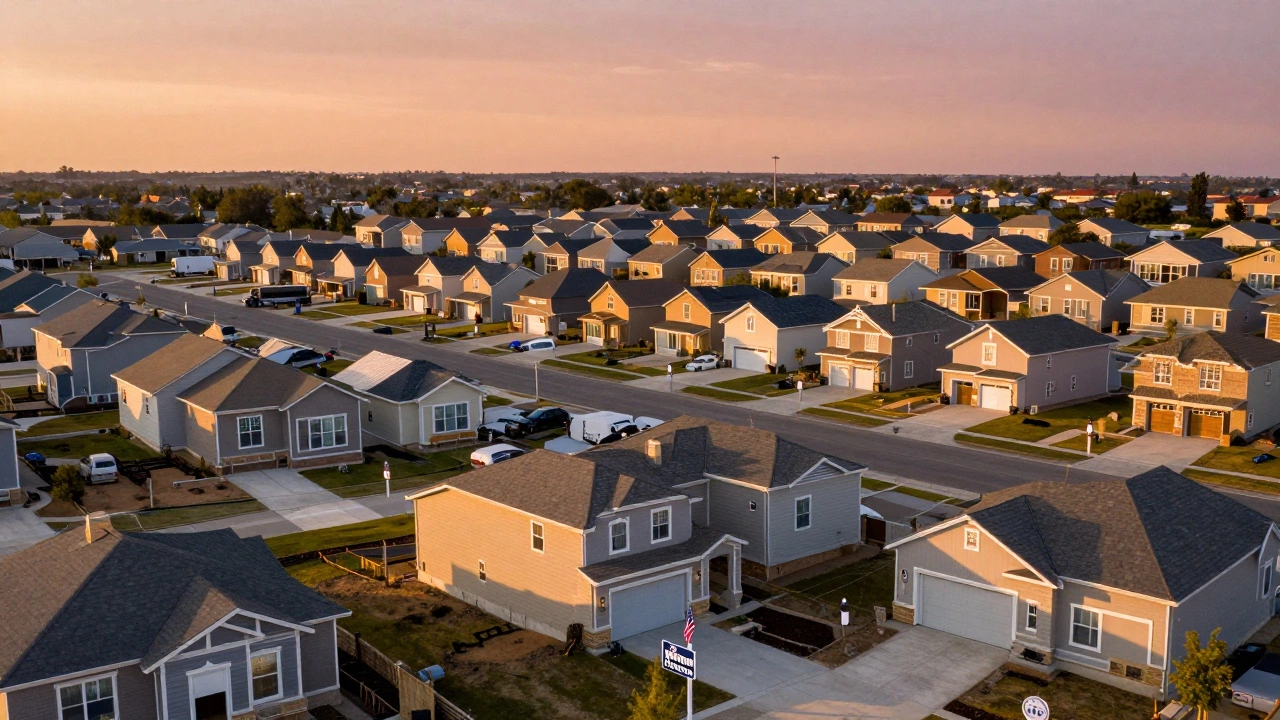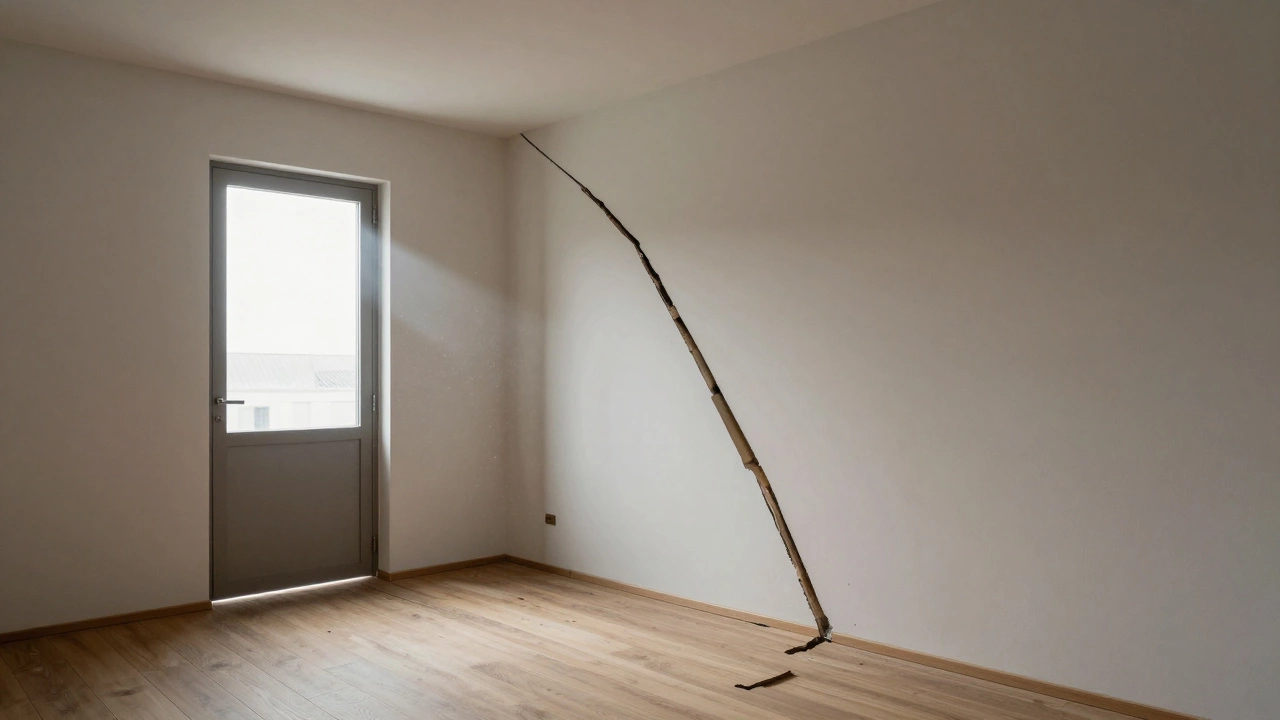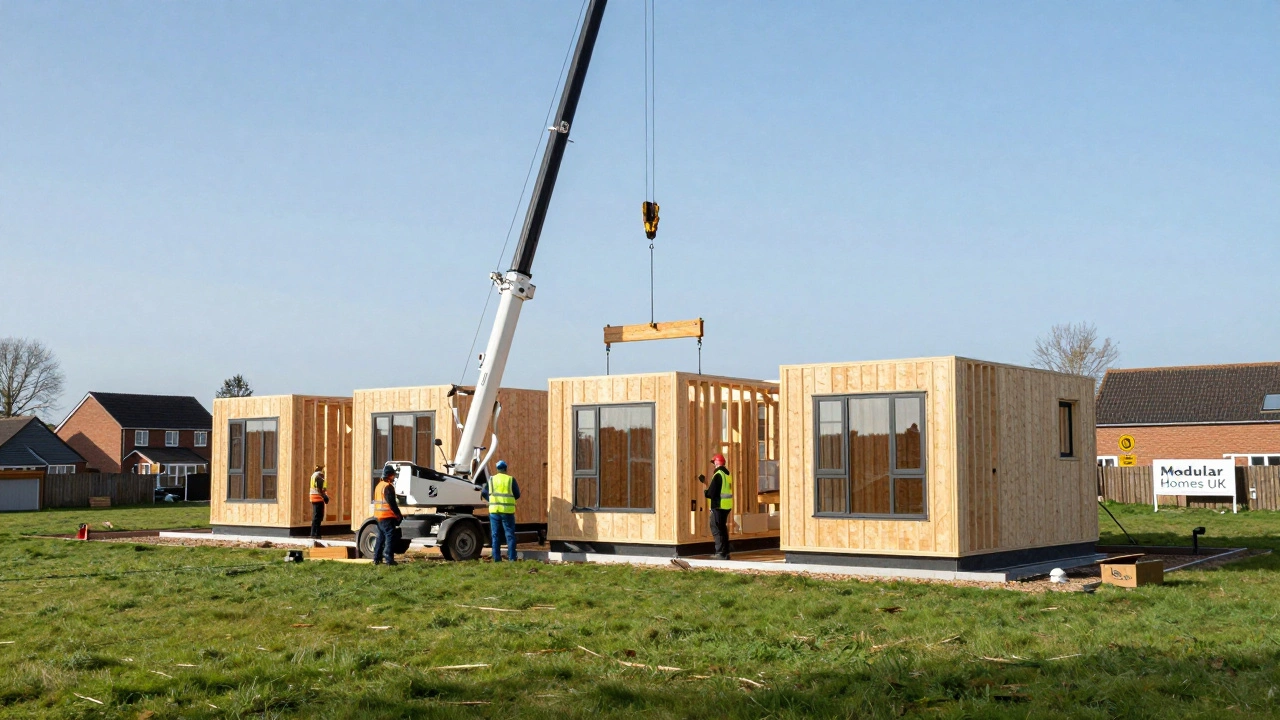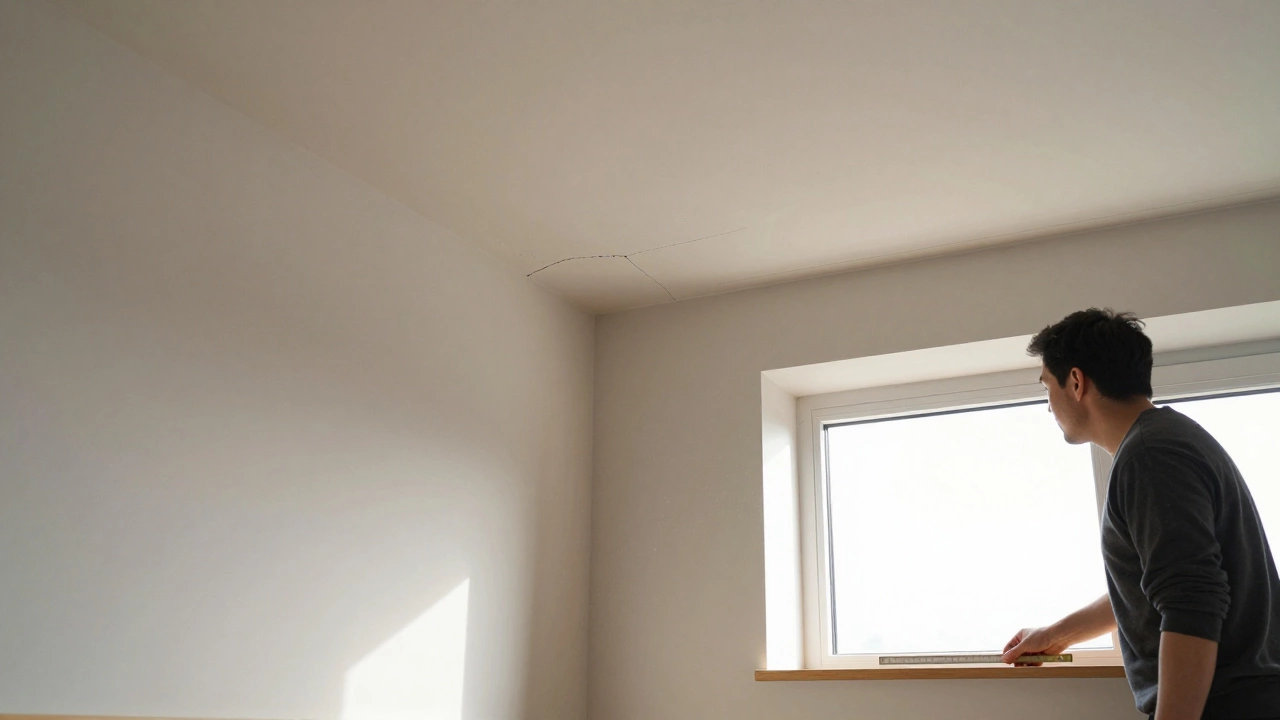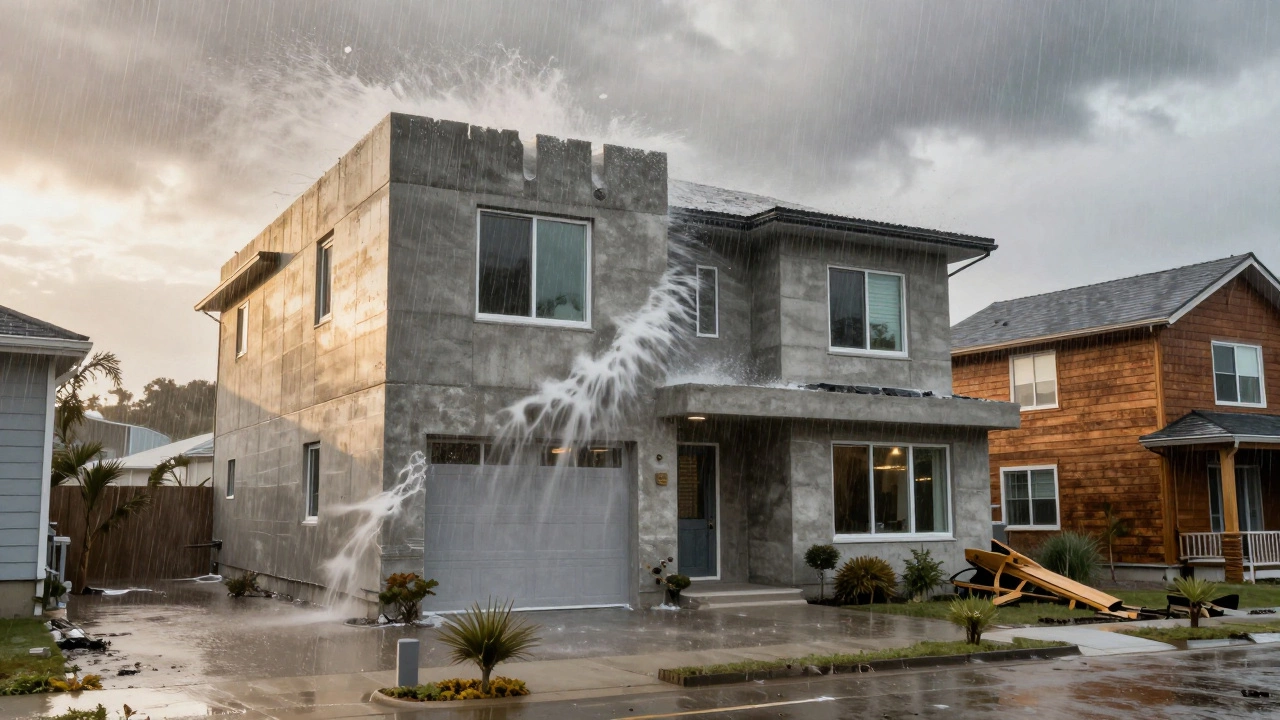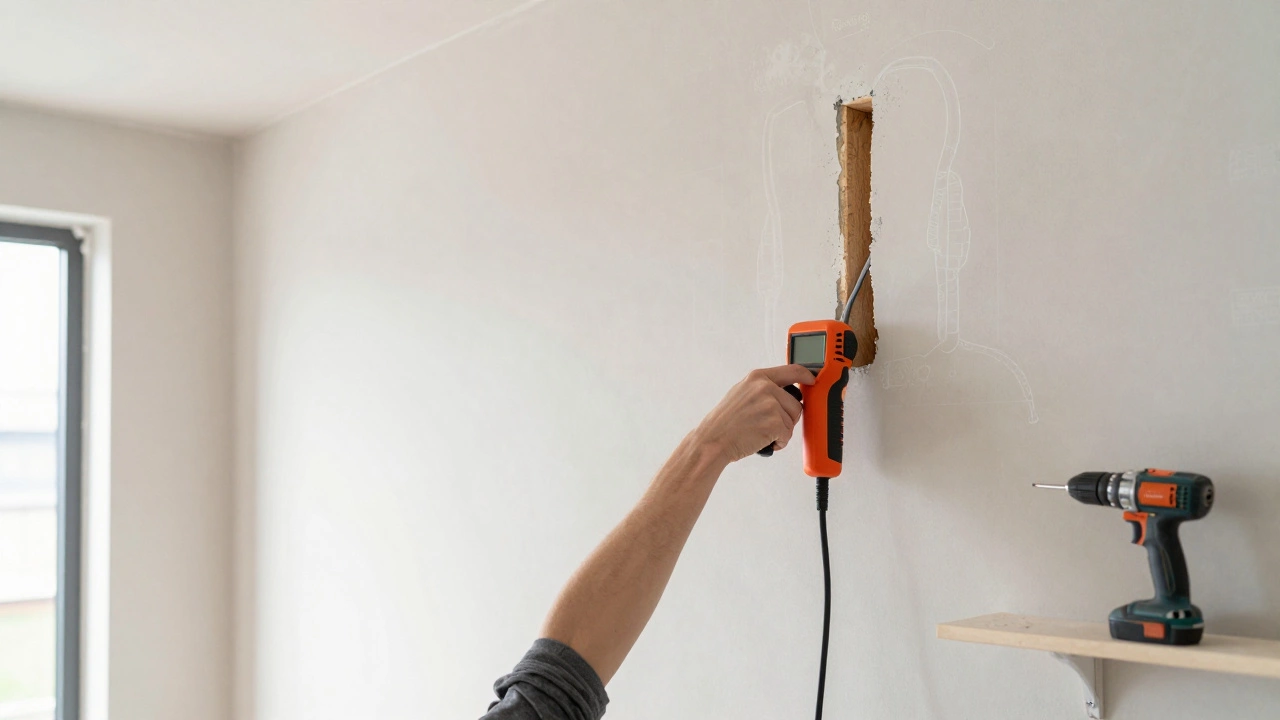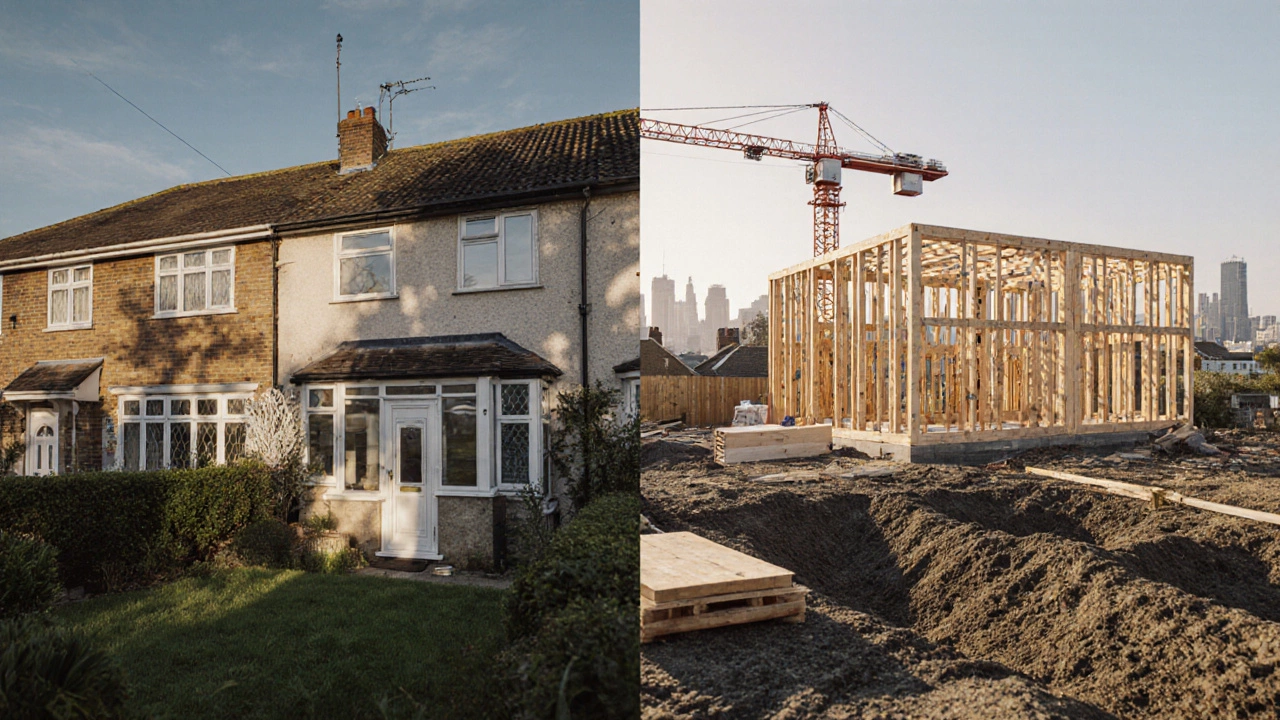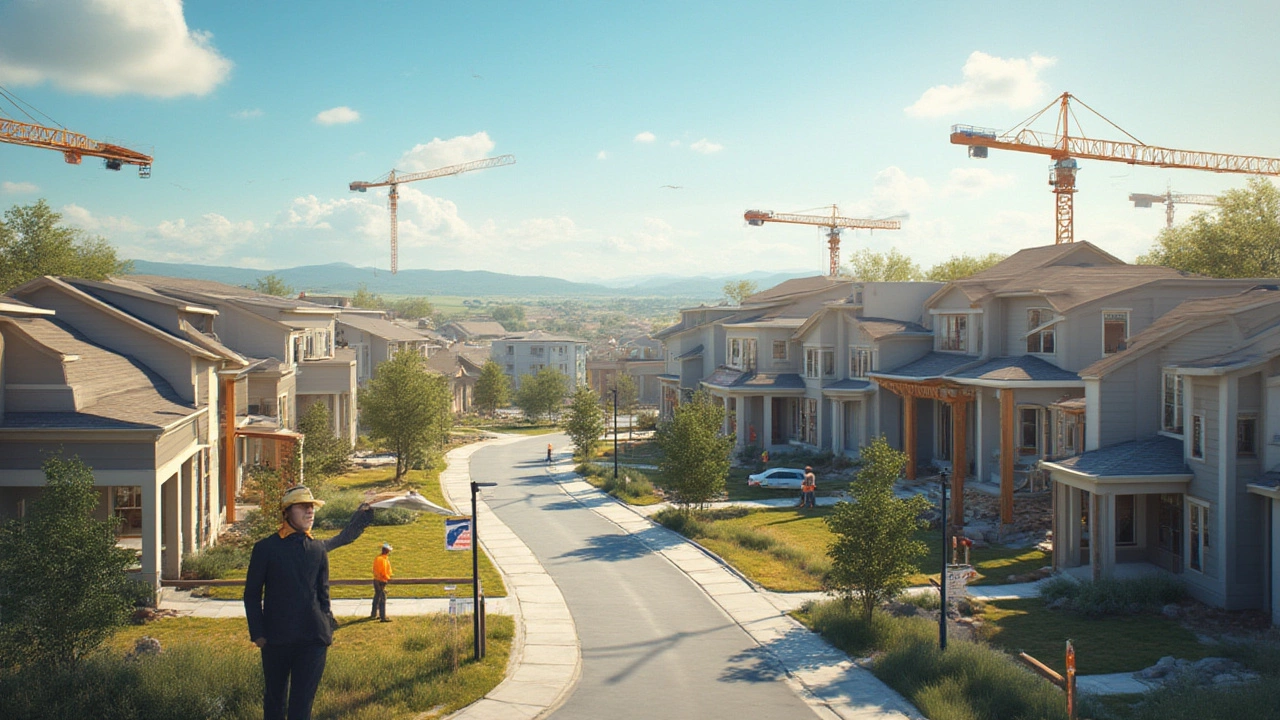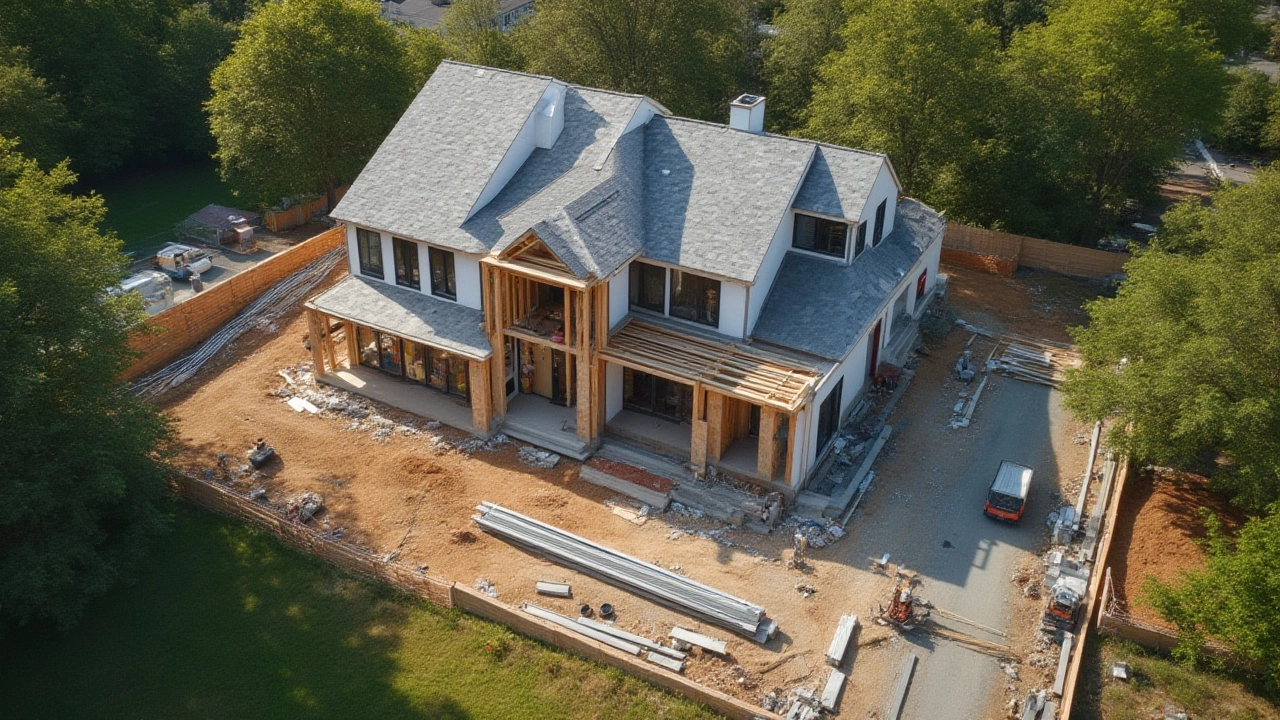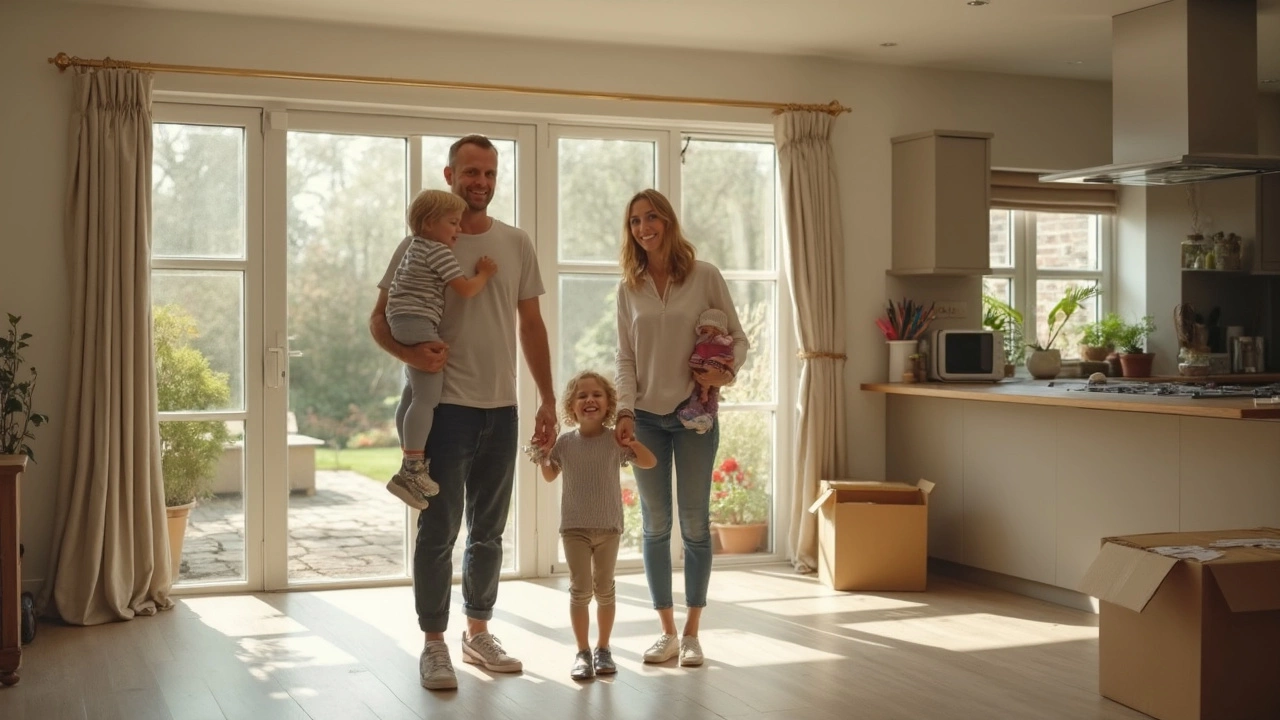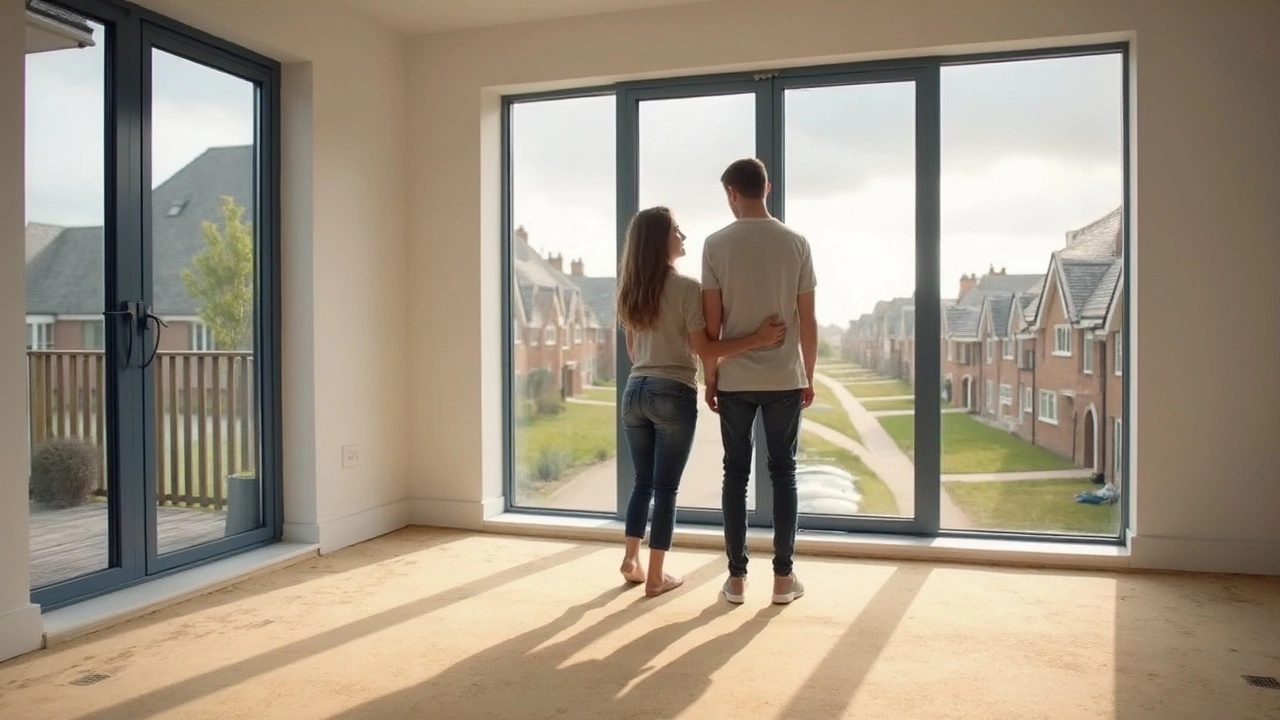New Builds: Your Practical Guide to Features, Flooring & Costs
Thinking about moving into a brand‑new home? You probably expect fresh walls, modern fixtures and maybe even a few surprises. New builds can be a great shortcut to a hassle‑free move‑in, but they also come with their own set of questions. What really counts as a new build? Which finishes are standard, and where do you need to budget extra? Let’s break it down in plain language.
What to Expect From a New Build
A new build is simply a property that’s never been lived in before. Developers start from scratch, so you get the latest design trends, energy‑efficient windows, and often a warranty on structural parts. Most contracts include basics like plastered walls, a kitchen layout, and external landscaping. However, things like premium flooring, upgraded cabinets or extra storage are usually treated as add‑ons. Always ask the developer for a detailed finish schedule before you sign.
Another thing to watch is the settling period. After construction, a house naturally shifts as the foundation finds its balance with the soil. This can take anywhere from a few weeks to several months. You might notice small cracks in plaster or doors that need a quick adjustment. These are normal, but keep an eye on any widening cracks – they could hint at bigger issues.
Defects can pop up even in brand‑new homes. Common ones include uneven floorboards, misaligned windows or gaps around doors. Spotting them early can save you a lot of hassle, because most warranties cover defects found within the first year. Walk through the property with a flashlight, check for drips around bathrooms and make sure every light switch works. If anything feels off, note it and report it right away.
Flooring Choices and Practical Tips
Flooring is a big decision for a new build because it sets the look and feel of every room. Some developers will lay down basic laminate or carpet as a standard finish, but many expect you to choose and pay for higher‑end options. Hardwood adds warmth but needs a stable humidity level; engineered wood is a cheaper, more stable alternative. Laminate offers durability at a lower price, while luxury vinyl mimics wood or stone without the upkeep.
If you’re on a tighter budget, consider polished concrete – it’s cheap, durable and modern looking, especially in open‑plan areas. For families with kids, carpet in bedrooms can provide comfort and noise reduction, but choose low‑pile with a good stain‑resistant treatment. Always ask the builder when the floor will be ready for installation – some surfaces need a few weeks of drying before you can lay your own flooring.
Beyond aesthetics, think about the long‑term cost. Hardwood may require refinishing every few years, while vinyl usually lasts the lifetime of the house. Factor in underlay, adhesives and any sub‑floor preparation when you calculate your budget.
When you’re ready to pick a builder, look for a track record of delivering on time and handling post‑move‑in support. Check online reviews, ask for references from recent buyers and compare warranties. A trustworthy builder will be transparent about what’s included and what will cost extra.
Finally, set a realistic budget. Building a 2,000 sq ft house in the south of England in 2025 can range from £250,000 to £350,000 depending on finish level, land cost and local labor rates. Add an extra 10‑15% for unexpected items – like upgrades, site‑specific foundation work or design changes. Keeping a contingency fund helps you avoid financial stress once you move in.
New builds offer the excitement of a fresh start, but they also demand a clear plan. Know what’s standard, pick flooring that matches your lifestyle, watch for defects, and choose a reliable builder. Follow these steps, and your brand‑new home will feel like home faster than you think.
Who Is the #1 Home Builder in the USA?
- Gavin Whitaker
- |
- |
- 0
DR Horton is the #1 home builder in the USA, delivering over 87,000 homes in 2025. Learn who the top builders are, how they compare, and what really matters when choosing a new home builder.
View moreWhat Is a Major Structural Defect in a House? Key Signs in New Builds
- Gavin Whitaker
- |
- |
- 0
Major structural defects in new builds can go unnoticed until they cause serious damage. Learn the top 5 signs, why they happen, and how to catch them before it's too late.
View moreWhat is the cheapest building method for new homes in 2026?
- Gavin Whitaker
- |
- |
- 0
Modular construction is the cheapest way to build a new home in 2026, offering 30-40% savings over traditional methods without sacrificing quality. Learn how it works, why it’s better, and who it’s best for.
View moreHow to Prevent Cracks in New Build Homes
- Gavin Whitaker
- |
- |
- 0
Learn how to prevent cracks in new build homes by understanding common causes, where to look for warning signs, and what steps to take before and after construction to protect your investment.
View moreWhat Is the Most Durable House to Build? Top Materials and Designs for Long-Lasting Homes
- Gavin Whitaker
- |
- |
- 0
The most durable house to build uses reinforced concrete, ICF walls, steel framing, and a metal roof. These materials resist fire, storms, pests, and decay-lasting 100+ years with minimal upkeep.
View moreCan You Drill Into New Build Walls? What You Need to Know Before You Start
- Gavin Whitaker
- |
- |
- 0
Drilling into new build walls can be dangerous if you don't know what's inside. Learn how to safely drill into plasterboard walls, avoid hidden pipes and wires, and protect your warranty with the right tools and steps.
View moreBuy vs Build a House: Which Choice Saves Money and Fits Your Lifestyle?
- Gavin Whitaker
- |
- |
- 0
Explore whether buying or building a house makes more sense financially and lifestyle‑wise. Compare costs, timelines, customization, financing, risks, and long‑term value to help you decide.
View moreCan New Build Homes Develop Mold? Causes, Risks, and Prevention
- Gavin Whitaker
- |
- |
- 0
Learn why even brand-new homes can get mold, what causes it, how to spot trouble, and clever ways to stop it before it starts.
View moreWho Is the #1 Home Builder in the US? A Deep Dive into the Top American Builders in 2025
- Gavin Whitaker
- |
- |
- 0
Who's dominating the US home builder scene in 2025? Discover the leading giant, how they rank, new-build secrets, and what buyers need to watch out for.
View moreTrue Cost to Build a 2000 sq ft House in Massachusetts: 2025 Prices, Real Facts & Tips
- Gavin Whitaker
- |
- |
- 0
Discover how much it costs to build a 2000 sq ft house in Massachusetts in 2025 with all the real numbers, facts, and expert tips covered right here.
View moreWhat Comes with a New Build? Your Inside Look at Modern Homes
- Gavin Whitaker
- |
- |
- 0
Curious what’s included with a brand new home? This article covers exactly what you can expect when you buy a new build: from standard features and surprise add-ons to what you’ll probably have to sort out for yourself. Find out about guarantees, finishes, kitchen specs, landscaping, and more. Get useful tips so you avoid costly mistakes or assumptions. Make your move stress-free with the complete lowdown.
View moreDo You Get Flooring in a New Build? What Buyers Need to Know
- Gavin Whitaker
- |
- |
- 0
Thinking new build homes come move-in ready with shiny flooring? It's not always that simple. While some developers include basic flooring as standard, others leave it unfinished unless you pay extra. This article explains what you get, why builders do it this way, and how to avoid surprises before you get those keys. Get straight info and practical tips to handle flooring in your brand-new home.
View more